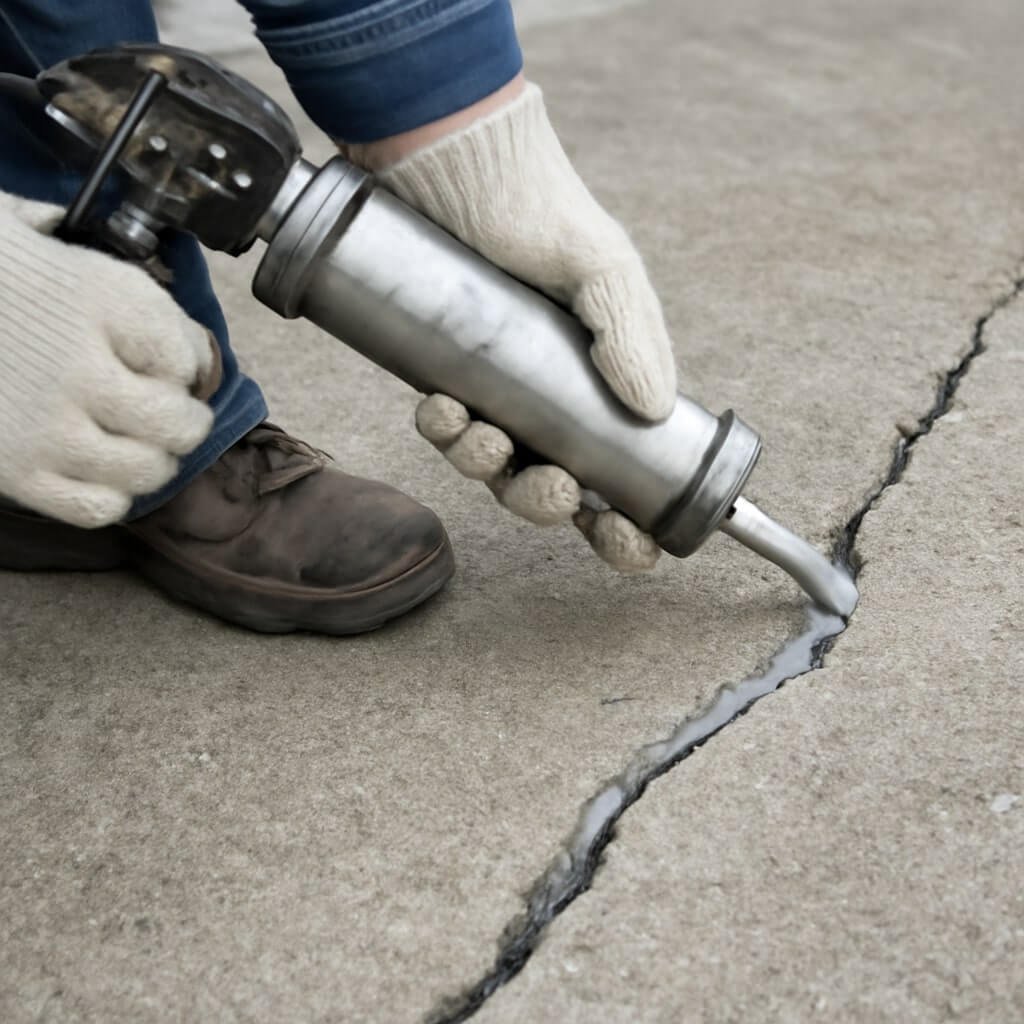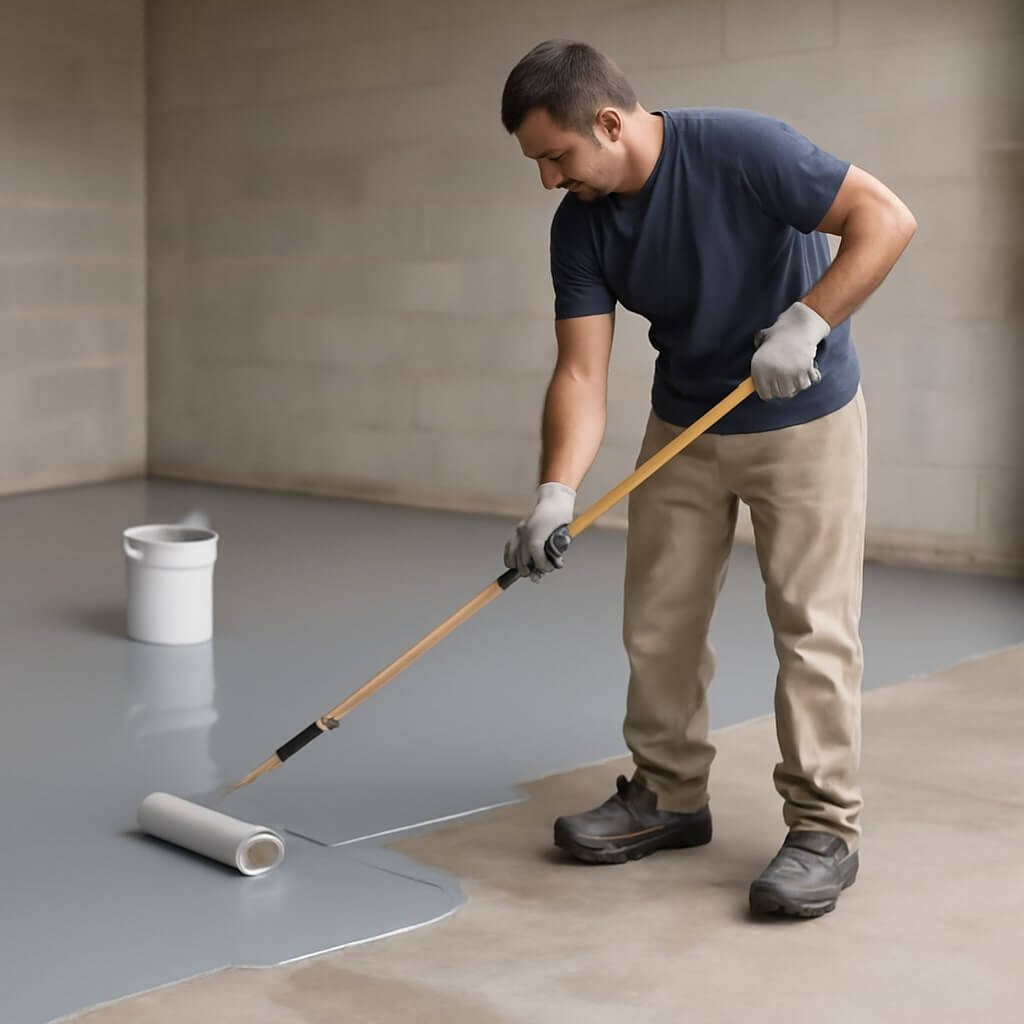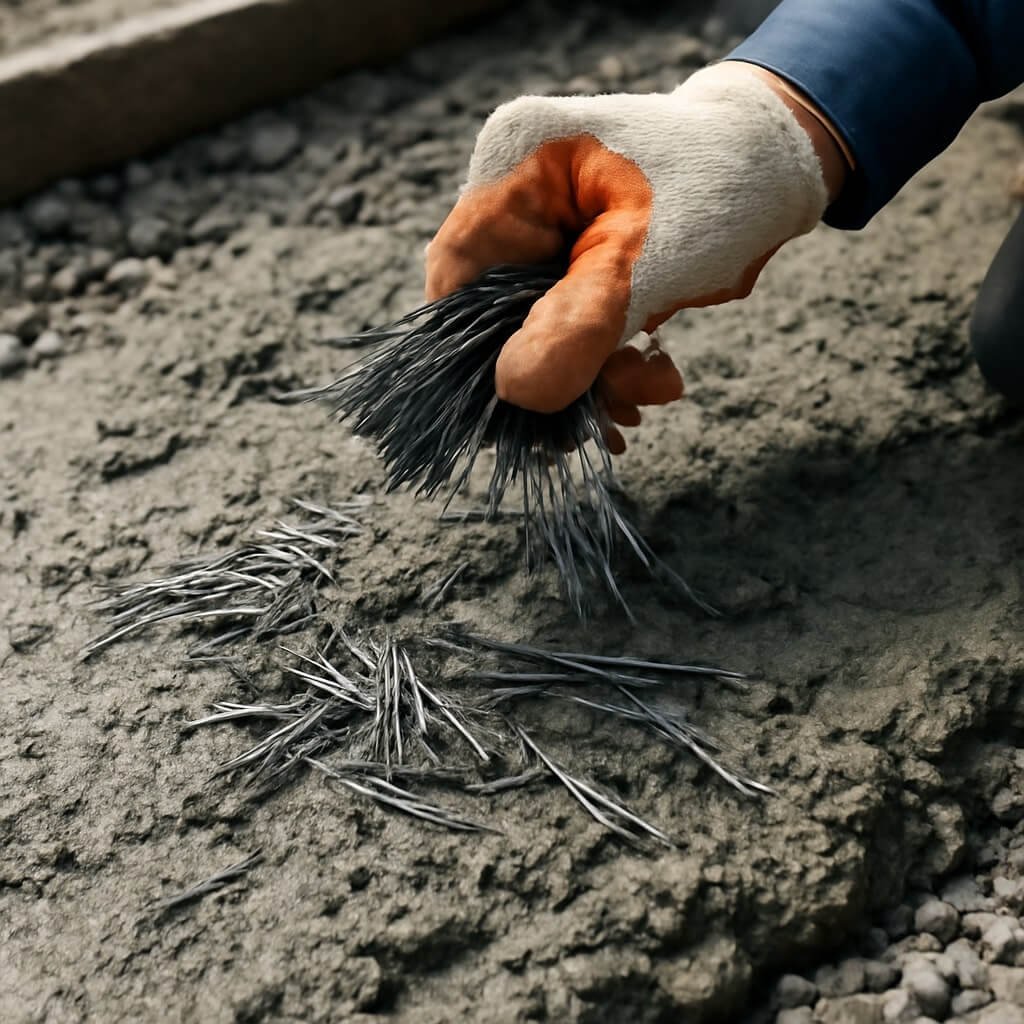Concrete sealant cost per gallon is a vital consideration whether you’re a homeowner, contractor, or business owner aiming to protect and enhance your concrete surfaces. Understanding the full scope of costs involved can help you budget effectively and select the right product for your project. This guide dives deep into the costs per gallon of different concrete sealants, what influences those prices, and how you can save money without compromising quality.
What Is Concrete Sealant?
Concrete sealant is a protective coating applied to concrete surfaces to shield them from damage caused by moisture, chemicals, abrasion, and UV exposure. Sealants also enhance the appearance of concrete by providing a glossy or matte finish, depending on the product type. There are several types of concrete sealants, each formulated for different uses and environmental conditions:
- Acrylic sealants: Easy to apply and affordable, great for decorative concrete.
- Epoxy sealants: Highly durable and chemical resistant, ideal for industrial settings.
- Polyurethane sealants: Flexible and tough, suited for high-traffic areas.
- Penetrating sealants: Absorbed into the concrete to protect against moisture without altering surface appearance.
Understanding these types helps you gauge the cost-effectiveness and performance for your specific needs.
Why Use Concrete Sealant?
Applying a concrete sealant offers several key benefits that make the initial investment worthwhile:
- Increased durability: Sealants protect against cracking, spalling, and erosion caused by water and freeze-thaw cycles.
- Enhanced appearance: Sealants can deepen the color and add shine or a matte finish, improving curb appeal.
- Chemical resistance: Especially important for industrial or garage floors exposed to oils and chemicals.
- Easier maintenance: Sealed surfaces resist stains and require less frequent cleaning.
- Long-term savings: Preventing damage reduces the need for costly repairs or replacements.
These advantages justify why many opt for quality sealants despite the varied costs.
Factors Affecting Concrete Sealant Cost
Concrete sealant cost per gallon is not fixed; several factors influence the price:
Type of Sealant
Different sealant types have distinct production costs, leading to price variation:
| Sealant Type | Average Cost Per Gallon | Notes |
|---|---|---|
| Acrylic | $20 – $50 | Budget-friendly, less durable |
| Epoxy | $70 – $120 | High durability, chemical resistance |
| Polyurethane | $60 – $100 | Flexible, good for heavy traffic |
| Penetrating | $30 – $70 | Long-lasting moisture protection |
Quality and Brand
Premium brands use advanced formulas and additives, increasing effectiveness and longevity but also raising prices. Lesser-known brands may offer cheaper alternatives but with compromised results.
Coverage and Thickness
Sealants differ in coverage ability, usually measured in square feet per gallon. Thicker applications increase material use, affecting overall cost.
Application Method and Labor
DIY application can save labor costs but risks errors, while professional application ensures quality but adds labor fees. Labor costs vary regionally and based on surface condition.
Average Cost Per Gallon of Popular Sealants
Let’s break down the average costs to expect per gallon for common sealants:
Acrylic Sealants
Acrylic sealants are the most economical choice, typically costing between $20 and $50 per gallon. They’re suitable for decorative concrete such as patios and walkways, but may require reapplication every 2-3 years due to moderate durability.
Epoxy Sealants
Epoxy sealants are priced higher, around $70 to $120 per gallon, reflecting their superior durability and resistance to chemicals and abrasion. They are ideal for garages, warehouses, and commercial floors where heavy use is expected.
Polyurethane Sealants
With a price range between $60 and $100 per gallon, polyurethane sealants provide a flexible, tough finish that stands up well in high-traffic areas. They offer excellent abrasion resistance and UV stability.
Penetrating Sealants
Penetrating sealants cost roughly $30 to $70 per gallon and protect concrete by seeping into the surface, making them excellent for moisture control without changing the surface appearance.
How to Estimate Total Cost for Your Project
To estimate the total cost of sealing a concrete surface, consider these steps:
- Measure the surface area: Calculate the square footage to determine how many gallons you’ll need based on the coverage rate.
- Choose the sealant type: Select the sealant that best fits your budget and performance needs.
- Include labor costs: If hiring professionals, get multiple quotes to find competitive pricing.
- Add preparation costs: Cleaning, repairing cracks, or etching the surface before sealing can add to expenses.
- Calculate material costs: Multiply the gallons needed by the price per gallon.
Example:
- Surface area: 1,000 sq ft
- Coverage: 200 sq ft per gallon
- Gallons needed: 5
- Sealant cost per gallon: $80 (polyurethane)
- Material cost: 5 × $80 = $400
- Labor and prep: approx. $300
- Total estimated cost: $700
Tips to Save Money on Concrete Sealant
Here are some practical ways to reduce concrete sealant costs:
- Buy in bulk: Purchasing multiple gallons often yields discounts.
- Shop off-season: Prices can drop during cooler months.
- Compare brands: Look for lesser-known but reputable brands.
- DIY where possible: If confident, applying sealant yourself saves labor fees.
- Proper surface prep: Good preparation reduces product use and the need for reapplication.
Environmental Impact and Safety Considerations
Many sealants contain chemicals that may impact the environment. Choose eco-friendly products that have low VOC (volatile organic compound) content to reduce harmful emissions. Always follow safety guidelines during application, including wearing protective gear and ensuring good ventilation.
Maintenance and Longevity of Sealed Concrete
Concrete sealed properly can last for several years. Routine cleaning with mild detergents and avoiding harsh chemicals extends the sealant’s life. Reapplication frequency depends on sealant type and exposure but typically ranges from 2 to 10 years.
Common Mistakes When Applying Concrete Sealant
Avoid these pitfalls to get the best results and avoid added costs:
- Applying sealant on a dirty or wet surface
- Using the wrong sealant for the specific concrete type
- Applying too thin or too thick layers
- Ignoring the manufacturer’s drying and curing times
- Not considering weather conditions during application
Frequently Asked Questions (FAQs)
1. How much does concrete sealant cost per gallon on average?
Concrete sealants typically range from $20 to $120 per gallon, depending on the type and quality.
2. Is it better to hire a professional or DIY?
Hiring a professional ensures proper application,n but costs more. DIY is cheaper but requires skill to avoid mistakes.
3. How long does concrete sealant last?
Most sealants last between 2 and 10 years, depending on type and exposure.
4. Can I apply sealant in cold weather?
Application in cold or damp conditions is not recommended as it affects curing and adhesion.
5. Does sealant change the look of concrete?
Some sealants enhance color and add gloss, while penetrating sealants maintain the natural look.
6. Are all sealants waterproof?
Most sealants provide moisture resistance, but penetrating sealants offer superior water repellency without surface film.
Conclusion and Final Thoughts
Understanding the concrete sealant cost per gallon and the various factors involved helps you make informed decisions for your project. Investing in the right sealant protects your concrete, improves aesthetics, and ultimately saves money by reducing maintenance and repairs. Whether you choose acrylic for budget projects or epoxy for heavy-duty use, balancing quality and cost is key. Keep in mind proper application and maintenance to maximize the sealant’s lifespan.




